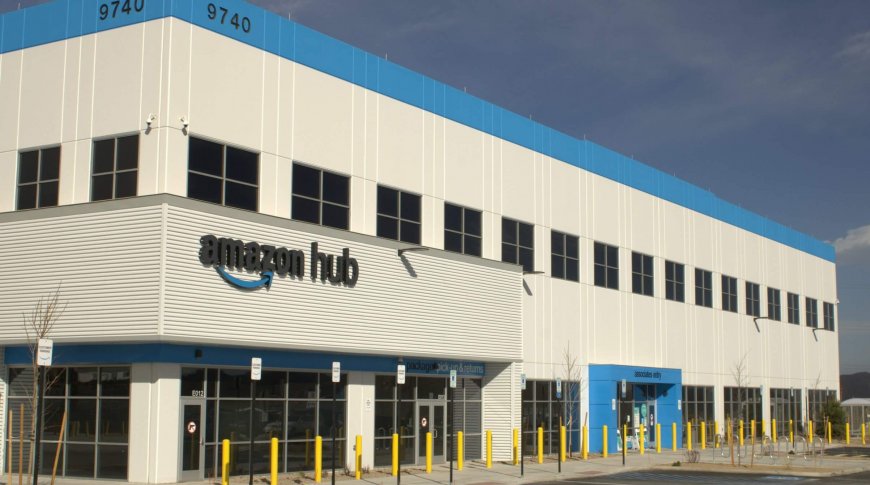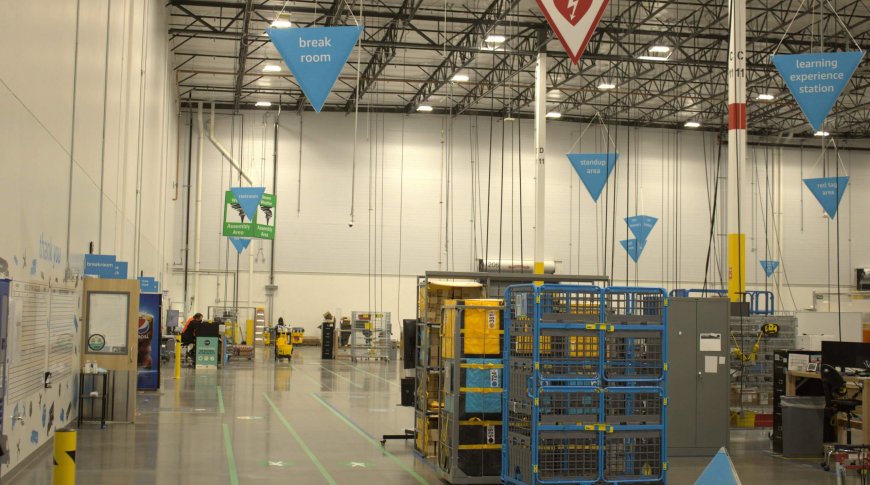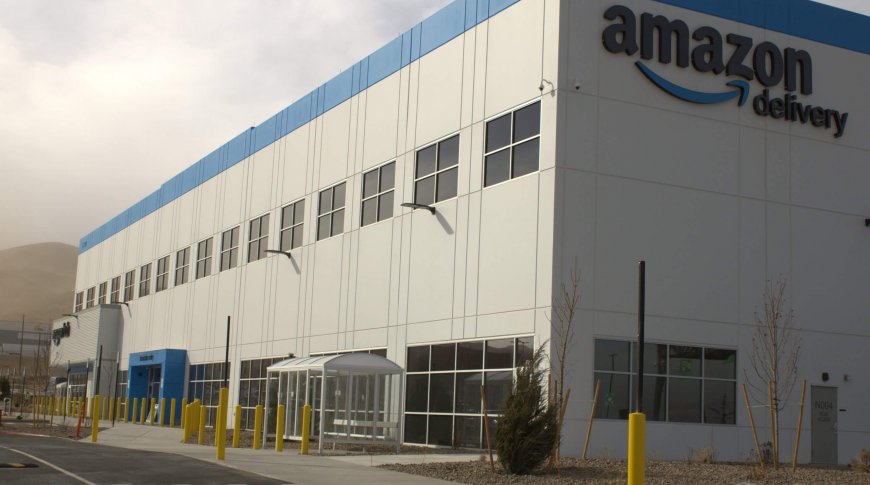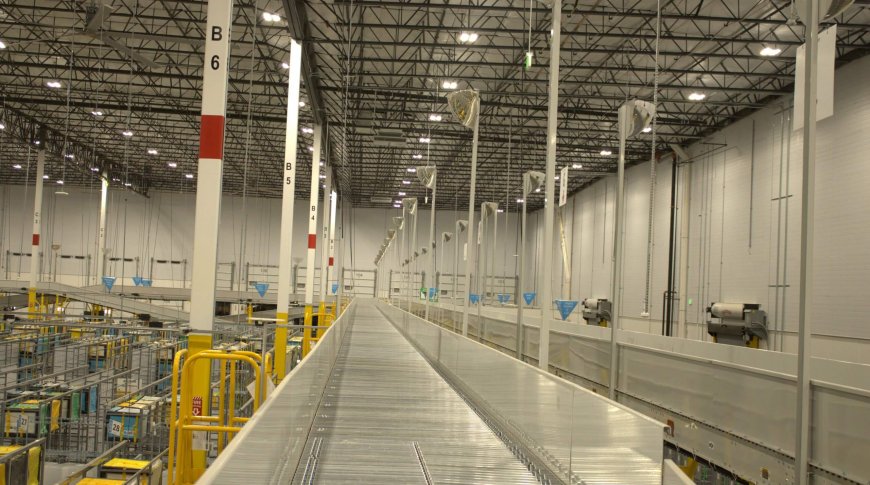In response to soaring demand during the COVID-19 pandemic, Amazon fast-tracked a new 146,500 SF lastmile delivery center in Reno, Nevada in May of 2020. Just three weeks after engaging an architect and with tenants still occupying the site, Amazon asked Alston to mobilize and build the new facility from the ground-up by October.
The Alston team was originally hesitant to take on the monumental task of delivering what became known as Project Tusk. Amazon needed the delivery center completed and operational as soon as possible to bolster its supply chain in the area and would hold the contractor responsible for delays outside of its control. With only five months to deliver a facility that would typically take as much as 9-10 months, the project schedule was not just aggressive, it was nearly impossible.
Alston had only just established its credibility with the ecommerce giant through the successful delivery of Project Hope. But eager to build upon this momentum and further strengthen the client relationship, Alston agreed to the challenging project to safely deliver what others were unwilling and unable to do.
Aside from the schedule, Project Tusk presented many significant challenges to the team. The site itself contained a sizable amount of uncontrolled fill and was home to multiple wells and active power poles laid out in the middle of the building pad. Comprised of a dozen different parcels with different tenants and closing schedules, the site could not be accessed for design or construction work until all tenants vacated the premises. Alston performed as much due diligence as possible and assumed more risk than usual to understand the many issues involved with delivering Project Tusk.




